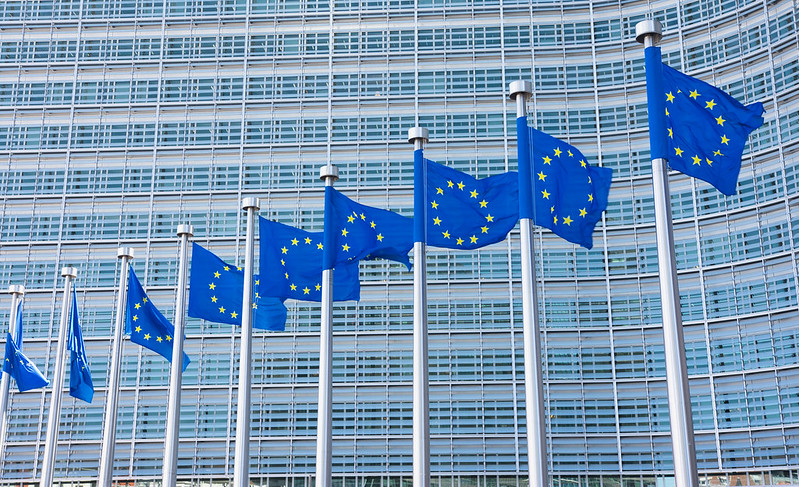An Opportunity For the EU to Support Digital Freedom

An opinion on how to solve an evolving challenge for rights and security online
The Electronic Frontier Foundation (EFF) recently published an article explaining the impact of a US Trump administration’s executive order cutting support to a wide range of international initiatives and organizations. Among these are numerous projects and groups that support privacy and security online – including the Tor project.
Despite frequent attacks on privacy and anonymity by various parts of the US government – from law enforcement to the legislature, such as the notorious FBI-Apple encryption “war’, on the whole, the US have historically been a strong proponent of online freedom of expression, protection from oppressive surveillance, and an open Internet, not to mention its exemplary support for fighting cybercrime. The new administration’s often inexplicable and incoherent stance on many types of universally positive expenditures and international partnerships, which also strongly benefit US companies and citizens, threatens to dramatically undermine the capabilities of numerous activities that also have these aims – which are highly congruent with CyAN’s mission to support stability, resilience, safety, trust, and security in the digital economy and online society.
The US’ seeming withdrawal from being a loud voice for freedom and privacy in the global information sphere leaves the European Union as the largest, most powerful champion of these issues, both in Europe and around the world. Such fundamental rights – privacy, anonymity, freedom of conscience and expression, and freedom from oppression, are inextricably linked with many of the EU’s basic values, and those of its member states, whether human dignity, the prevention of social exclusion and discrimination, or others.
While the US policy tack presents a significant challenge for those groups seeking to protect these rights and values, it also entails a tremendous opportunity for the EU, its technology industry, its citizens, and all those who look to Europe as a beacon of freedom and stability throughout the world. By channeling some of its already generous development aid towards filling the holes left by US withdrawal of support for digital freedom and security projects, and by encouraging European technological and economic contribution to these, the EU not only has the opportunity to strengthen its credibility in the digital realm, but also to generate significant economic gain for European firms supporting innovation in these areas.